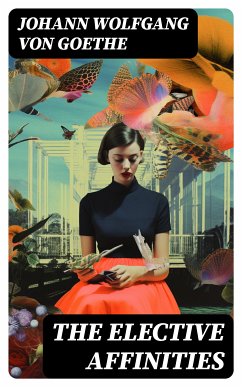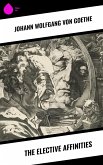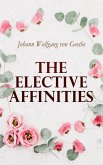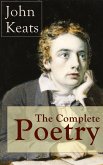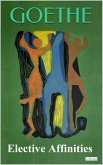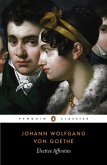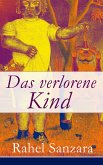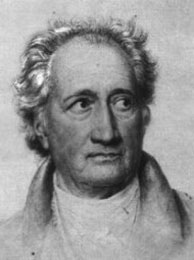In "The Elective Affinities," Johann Wolfgang von Goethe explores the complexities of human relationships through a rich tapestry of metaphor and philosophical inquiry. Set within a narrative framework that intertwines science and emotion, the novel presents a compelling analogy between chemical reactions and romantic entanglements. Goethe's prose, marked by its lyrical quality and intricate character development, delves into themes of love, duty, and the inexorable pull of desire, reflecting the turbulent social milieu of early 19th-century Europe, including burgeoning Romantic ideals and the burgeoning understanding of nature as an intertwining web of connections. Goethe, a preeminent figure of German literature and a key proponent of the Sturm und Drang movement, drew upon his varied experiences in art, science, and philosophy to inform his writing. His immersion in Enlightenment ideas and his personal encounters with love and loss deeply influenced the narrative of "The Elective Affinities," making it not only a story of individual tribulations but also an exploration of societal norms and the natural world. This novel is highly recommended for readers seeking a profound examination of the intricate plays of attraction and social obligation. Goethe's masterful blend of artistry and intellect invites both literary scholars and casual readers alike to ponder the nature of human connections, affirming its timeless relevance and depth.
Dieser Download kann aus rechtlichen Gründen nur mit Rechnungsadresse in A, B, BG, CY, CZ, D, DK, EW, E, FIN, F, GR, H, IRL, I, LT, L, LR, M, NL, PL, P, R, S, SLO, SK ausgeliefert werden.

